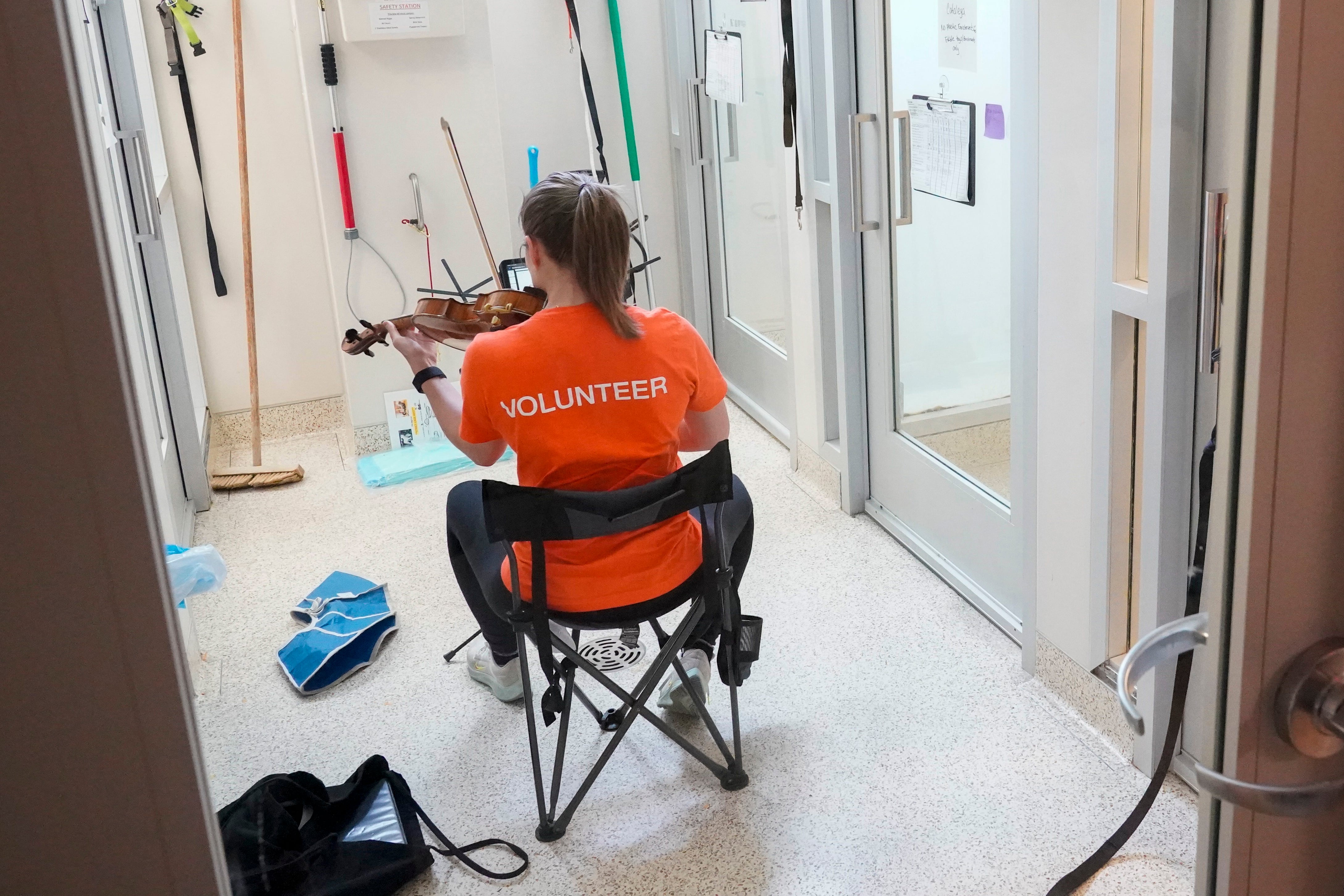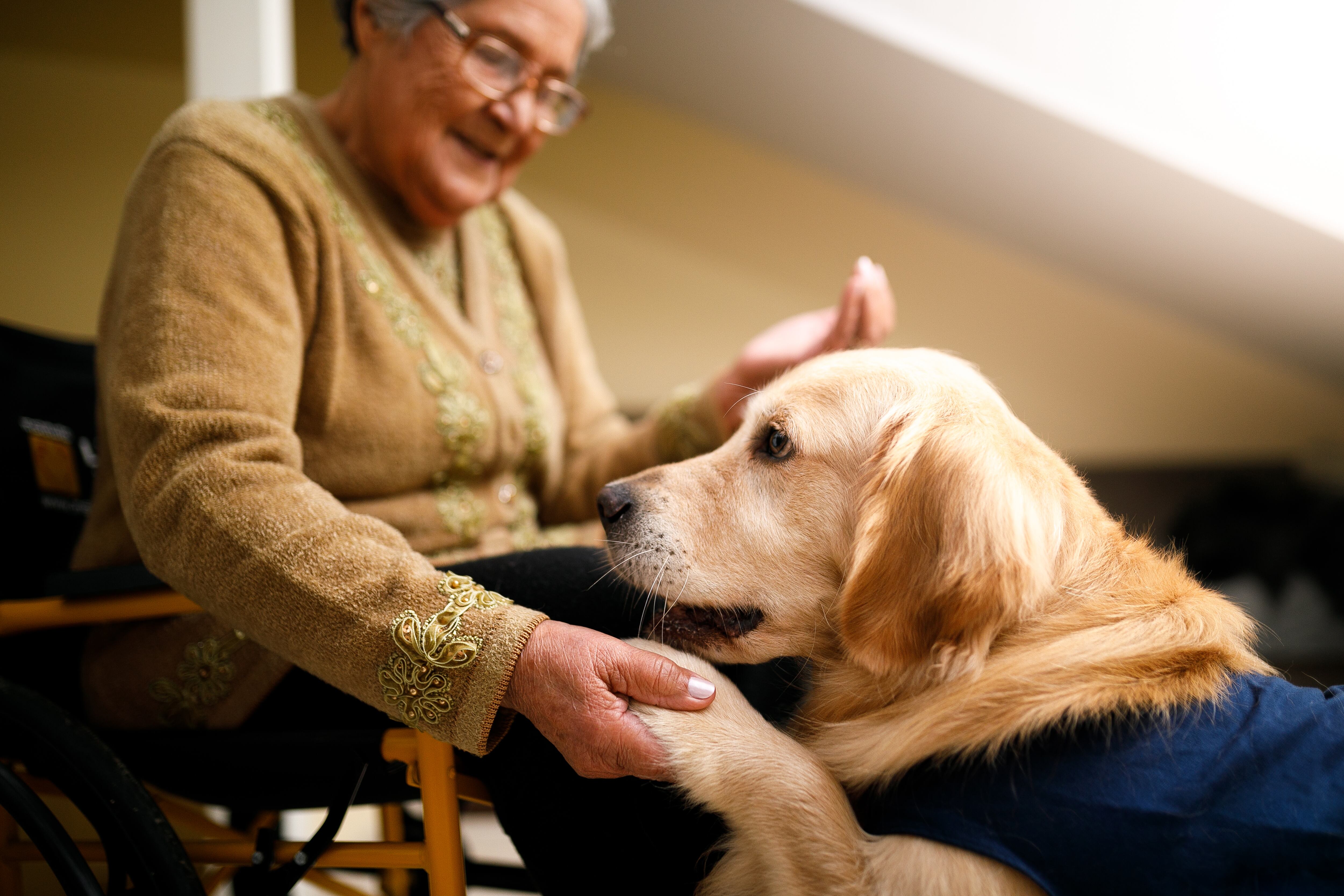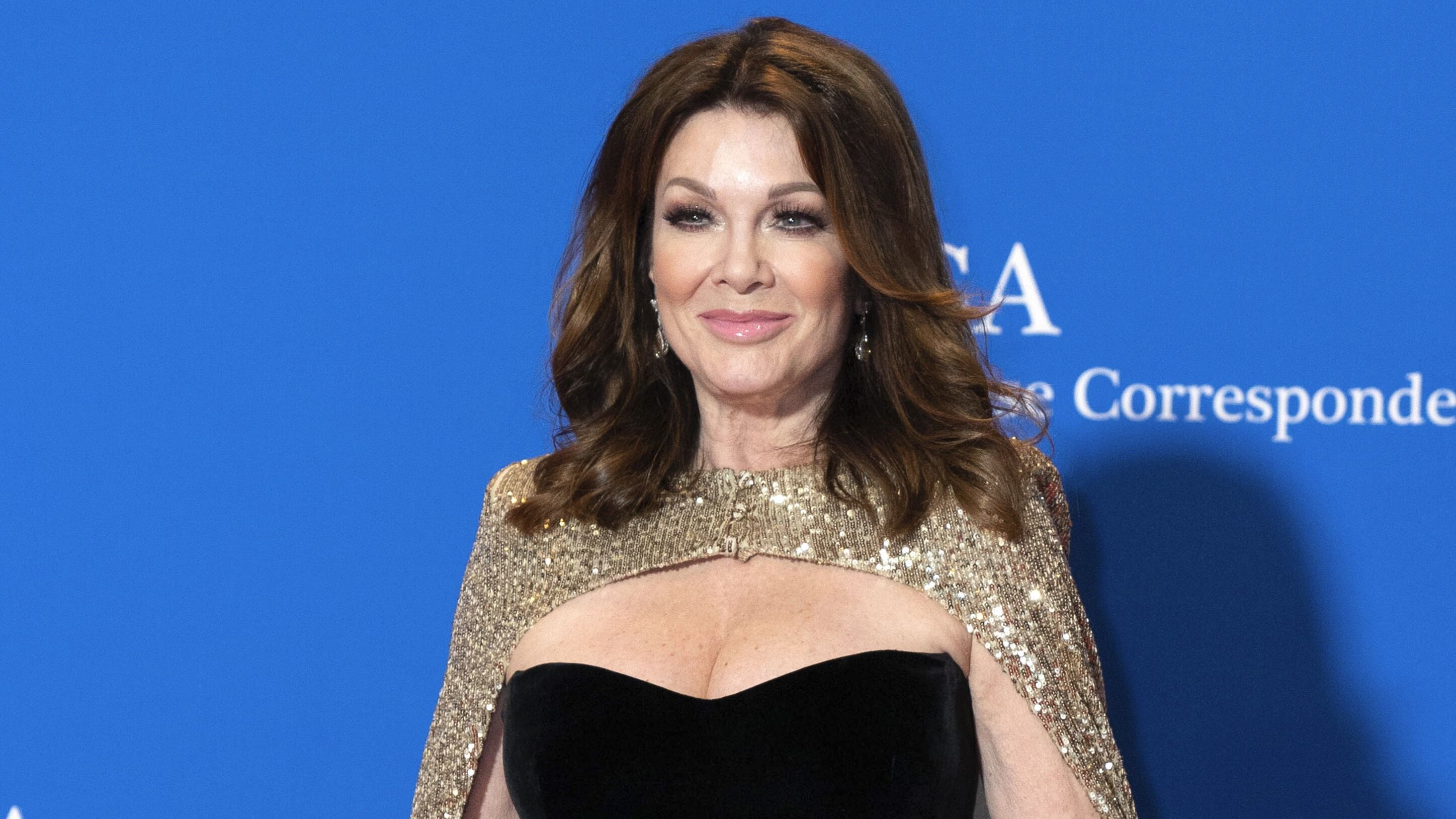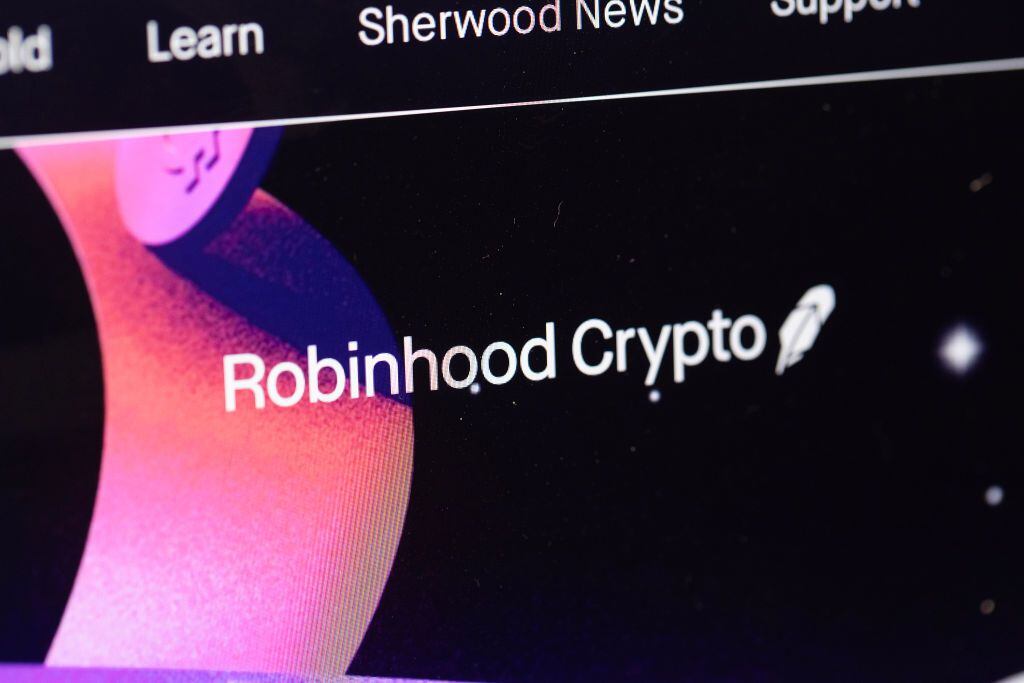Those ads showing caged dogs and desperate looking cats while Canadian singer Sarah McLachlan's “Angel” played in the background have been not just effective at making viewers sad, but also remarkably successful at raising money for the American Society for the Prevention of Cruelty to Animals since 2007.
However, a new study shows other strategies may also be effective at motivating people to give, apart from all that “ sadvertising.” Maybe try “Hakuna Matata.”
The study from Nathan Chan, assistant professor at the University of Massachusetts Amherst, and Casey Wichman, assistant professor at the Georgia Institute of Technology, found that people in good moods are more likely to donate to a charitable cause.
The study gathered posts made to Twitter, the social media platform now called X, from people who gave to Wikipedia and posted a hashtag acknowledging the donation. The researchers analyzed the posts from before and after the users made a donation and found that it improved shortly before they gave.
“It suggests that rather than this conventional notion that people give because it makes them feel good about themselves for doing the right thing, we found that people were in a good mood prior to donating, and that’s potentially the causal factor for why they decided to give," Wichman said.
The findings indicate charities may want to improve a potential donor's mood before making the ask, Wichman said.
Their study isn't the first to find a connection between well-being and generosity, said Lara Aknin, professor of social psychology at Simon Fraser University, but it does a provide a valuable look at a person's specific feeling at a specific moment in a real world example. One takeaway could be that it would be beneficial to reach people at times when they are already feeling good, like on holidays or a loved one's birthday, she said.
But people give for many reasons and many levers motivate that generosity, Aknin said, including showing how a potential donor can make a meaningful impact on other people, animals or causes they care about. She also warned that people are very attuned to ulterior motives attached to requests for help.
“If people feel that they’re insincerely being fattened up before the request, then that could that could really spoil giving,” she said, “which I think for many people is truly a pretty wonderful experience when they get to give in ways that they care about and feel like they’ve chosen to do so.”
The researchers used natural language processing tools to analyze the sentiments of a person's tweets and identify their mood based on their posts.
They also designed a second experiment to test their findings where they asked online volunteers to decide how to split $50 between themselves and a charity. They showed some a clip of “Hakuna Matata” from from “The Lion King,” while others watched a science video about microbes. Those who watched the dancing warthog gave a little more to charity and were more likely to give the whole amount, though the results are less conclusive because of a small sample size.
While nonprofits always want to attract additional donations, many feel a particularly acute need right now. Human service, arts and educational organizations among others were profoundly stretched and stressed by the pandemic. Many continue to report increased demand for their services at the same time, economic conditions like inflation and major declines in the stock market impacted philanthropic giving. Last year, the overall amount of donations dropped for only the fourth time in four decades, according to Giving USA.
The trend also continued of fewer donors giving more, and so Michael Thatcher, CEO of Charity Navigator, encouraged nonprofits to experiment carefully and keeping true to an organization's mission.
"I think we need to be trying new things right now because there is donor fatigue," he said. But also, he added, “Don't try every new fad.”












